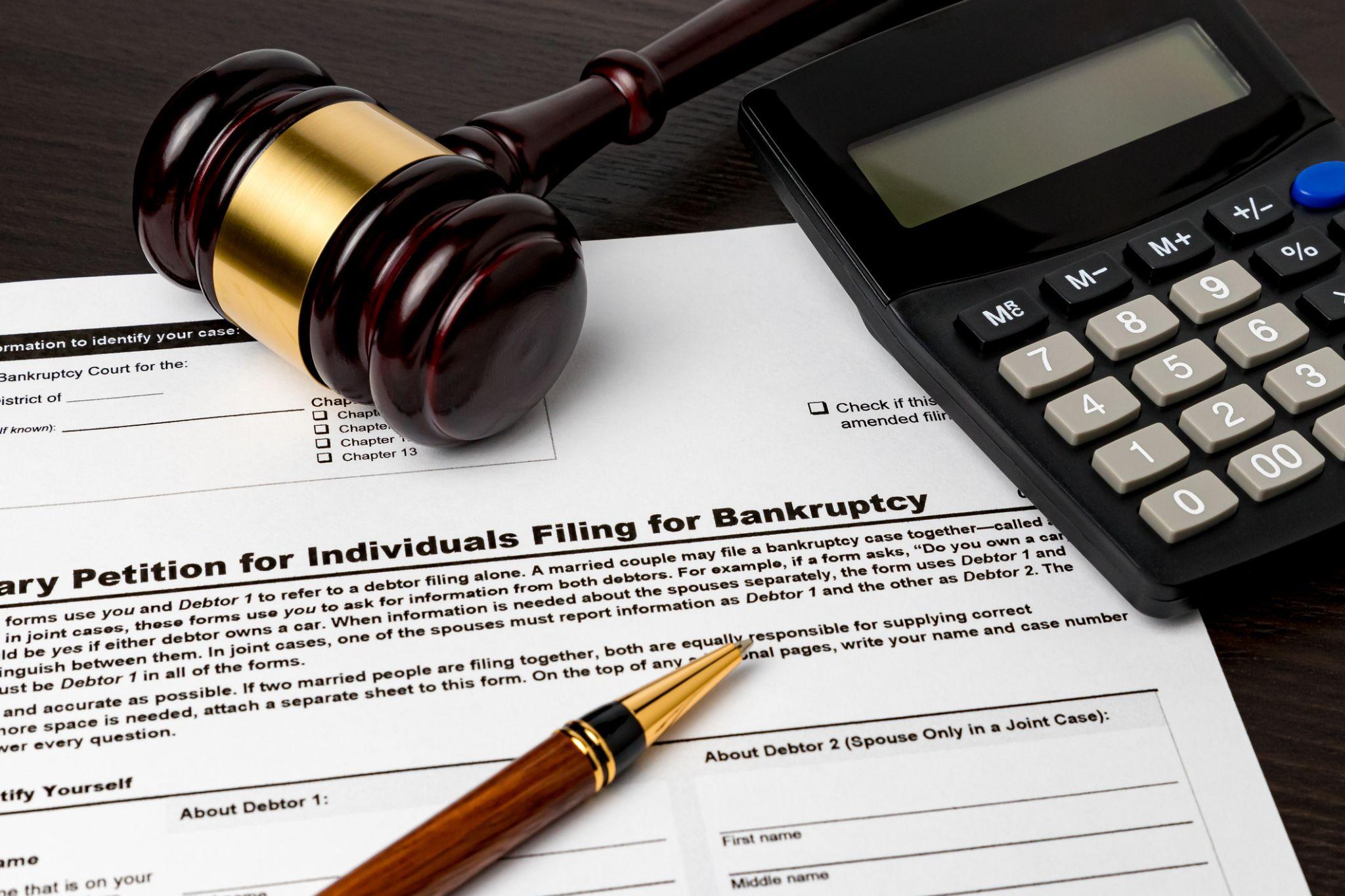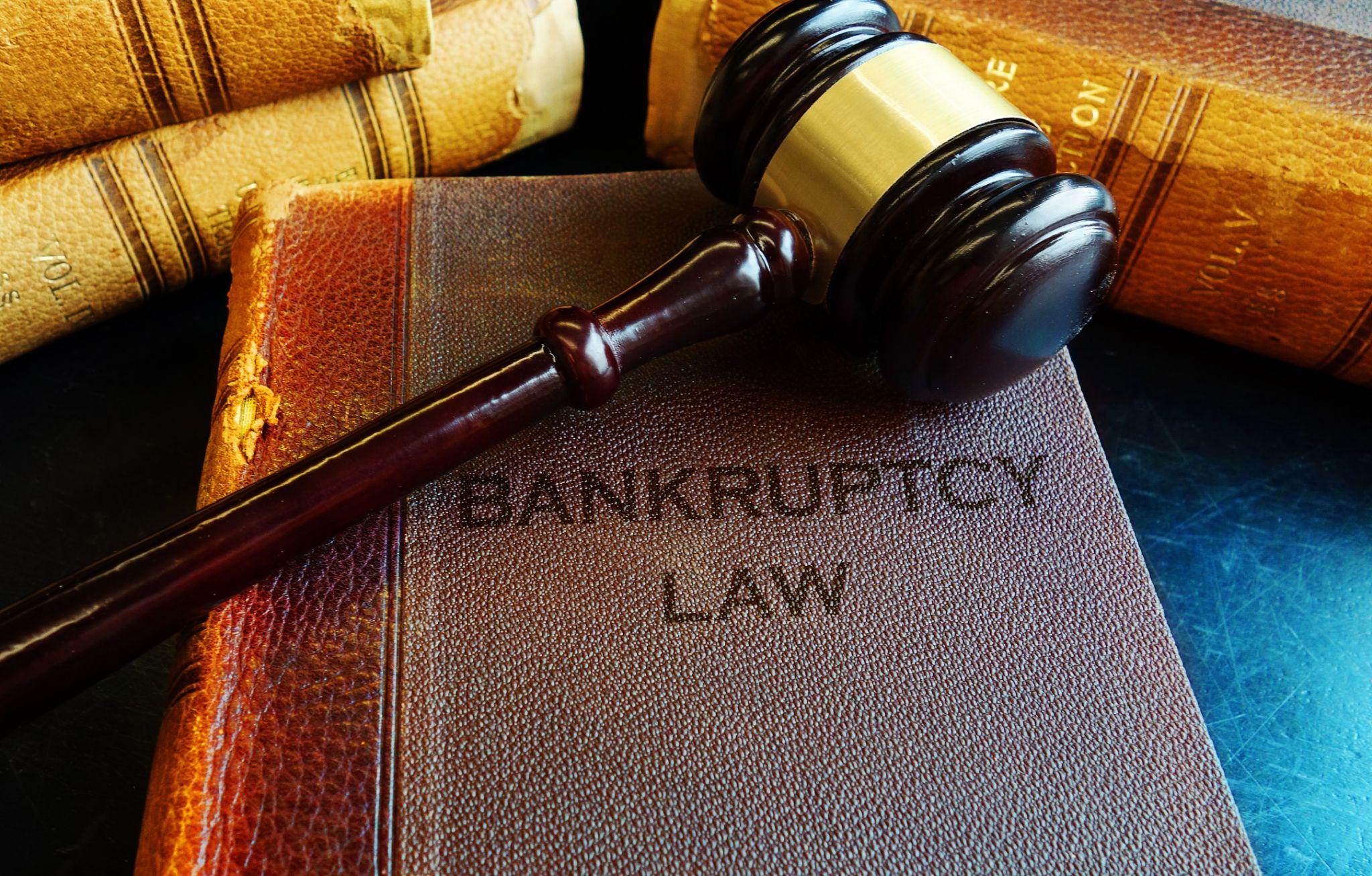Declaring any type of bankruptcy is frightening and can feel like you’re losing everything. There are certain pieces of property you can keep, or exempt, from bankruptcy. These exemptions vary according to state laws, and a bankruptcy attorney can help you navigate the process.

Chapter 7 vs Chapter 13 Bankruptcy
Both Chapter 7 and Chapter 13 bankruptcies allow for the same exemptions, but the properties are handled differently. Chapter 7 bankruptcies involve the trustee selling nonexempt items and distributing funds to creditors. Chapter 13 allows you to keep your belongings but you must pay the total value of nonexempt items or disposable income as equity.
Bankruptcy Exemptions in Illinois
You can file for bankruptcy after being a state resident for at least 180 days, but in order to claim exemptions you must be a resident for at least 730 days. Popular exemptions include federal nonbankruptcy exemptions, and the federal COVID-19 recovery rebate exemption that protects stimulus benefits and credits.
Homestead Exemption
The basic exemption protects the home’s equity up to $15,000 but it can be more. This exemption may apply to a mobile home, farm, condo, or property with dwellings, and can protect sale proceeds for one year.
Motor Vehicle Exemption
This exemption protects the equity in a motor vehicle up to $2,400, and in some cases you may be able to keep more than one car. If you file for Chapter 7 bankruptcy the exemption fully protects your vehicle’s equity.
Personal Property Exemptions
Certain personal items are typically exempt for safety, health, educational, and religious purposes. These include:
- Necessary clothing
- Health aids
- IL College Savings Pool or ABLE accounts
- Certain other college savings accounts
- School books
- Bibles
Additionally, exemptions may include family photos, properties held in trust, proceeds from sale of exempt properties, and title certificates for boats over 12 feet in length.
Other Illinois Bankruptcy Exemptions
Some other exemptions cover a wide variety of necessary funds and services. Depending on your situation these may include:
- Alimony and Child Support
- Cemetery and Burial Funds
- Franchise, Permit and License Interests
- Fraternal Benefit Society Benefits
- Insurance policies (if beneficiary is a spouse or dependent)
- Partnership Property
- Pension
- Personal Injury or Wrongful Death Settlements
- Public Assistance
- Retirement Accounts
- Social Security benefits
- Tools of Trade
- Unemployment Compensation
- Veteran’s Benefits
- Wages (85% or 45x the federal minimum hourly wage per week)
- Workers’ Compensation
Wildcard Exemption
If you have a particular item of personal property you want to keep that other exemptions won’t cover, you can use the wildcard exemption as long as the item is not real estate. This will allow you to provide specific protection for up to $4,000.

Trusted Bankruptcy Attorney in Illinois
When you are facing filing for bankruptcy, there are several factors involved in determining which type is best for you and what items to include on your Schedule C bankruptcy forms. Speak with your bankruptcy attorney to see what options are best for you and your future.
If you need an experienced bankruptcy attorney in the Cicero, IL area, call Koch & Associates to schedule your free consultation. We are here to help you and secure your future.
